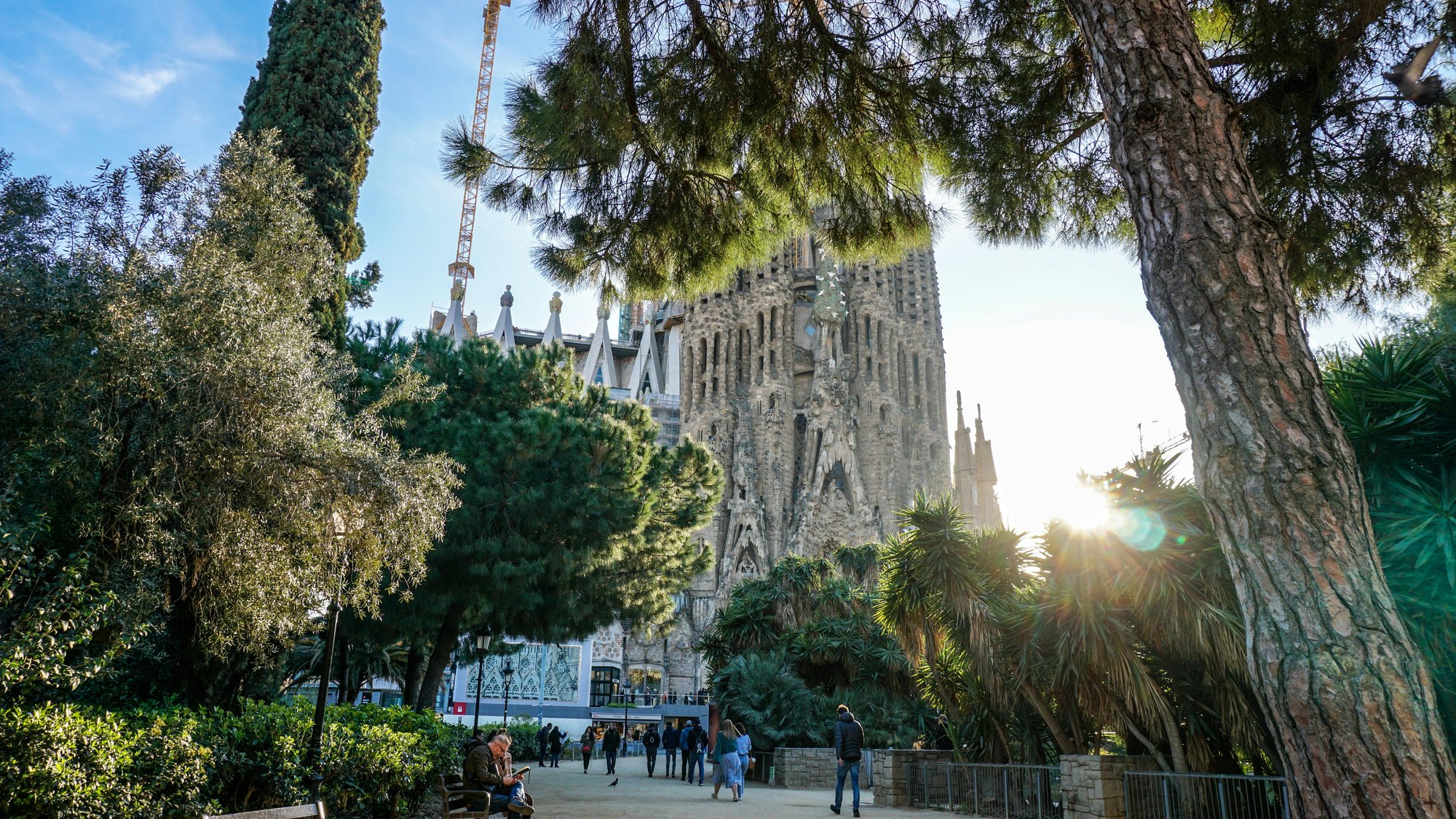Barcelona: Climate Change & Biodiversity
Target
Cities around the world are facing the increasingly urgent challenge of countering the growing phenomenon of extreme heat, a phenomenon amplified by urban heat islands. And as heat waves increase in duration and intensity, severe drought areas, as well as illnesses and deaths due to high temperatures, are growing alarmingly, putting the well-being of the entire community at risk.
The new and adverse climatic situation that is being generated in recent times therefore implies a better choice of novel tree species and soils that will ensure their adaptability. But the choice of such species should not be the result of the offer of the moment or merely aesthetic decisions. Decisions based s
Area of intervention
In response to this emergency, the Capellino Foundation first launched the project in Florence in 2023, making it a replicable model in other cities around the world. Collaboration among other organizations was then also initiated in Germany(Mannheim) and Norway(Bergen), with the aim of exchanging knowledge and experience in the areas of education, politics and science in the context of EduNate Cities. But as a replication of the Florentine model, in collaboration with the City of Barcelona, the Capellino Foundation has since also developed another project aimed at testing, in the Catalan metropolis already considered among the 5 best smart cities in the world, effective green solutions for the cities of the future.
Project

Barcelona, already at the forefront of adopting urban biodiversity solutions, is therefore an ideal context for testing such a replicable and scientifically-based approach to addressing the current climate crisis. The future of our cities depends on thoughtful decisions that take into account a changing climate.
Duration: 4 years, starting in 2025.
Locations: 5 different locations with different gradient
Soil: Use of two different soil types.
Trees: Evaluation of 10 trees for each of the 5 locations, for a total of 50 units.
Species used: Zelkova serrata and Pistacia chinensis.
Measurements: Data collected at least twice a year through a variety of instrumentation.
Monitoring:
-
Frequency and amount of irrigation.
-
Geomorphological characterization of sites.
-
Spectral library.
-
Microclimate and air quality.
-
Tree health status.
-
Measurement of plant parameters.
Objectives:
- Learn about the evolution of trees and their interaction with the environment.
- To identify the most adaptable and resilient species and soil substrates for Barcelona's urban environment.
- To study the impact of trees on urban climatic and environmental regulation, therefore solutions that improve urban well-being.


Partners
Ajuntament de Barcelona / Parcs i Jardins is the municipal public agency responsible for the management, conservation and enhancement of the city's urban green spaces, with the goal of making Barcelona more livable, sustainable and resilient through the care of parks, gardens and street trees.
CREAF is a public research center dedicated to terrestrial ecology and spatial analysis, producing knowledge and methodologies for the conservation, management and adaptation of the environment to global changes.
Project data
 |
DURATION 2025-2028 |
 |
OUR INVESTMENT € 209.161,00 |



